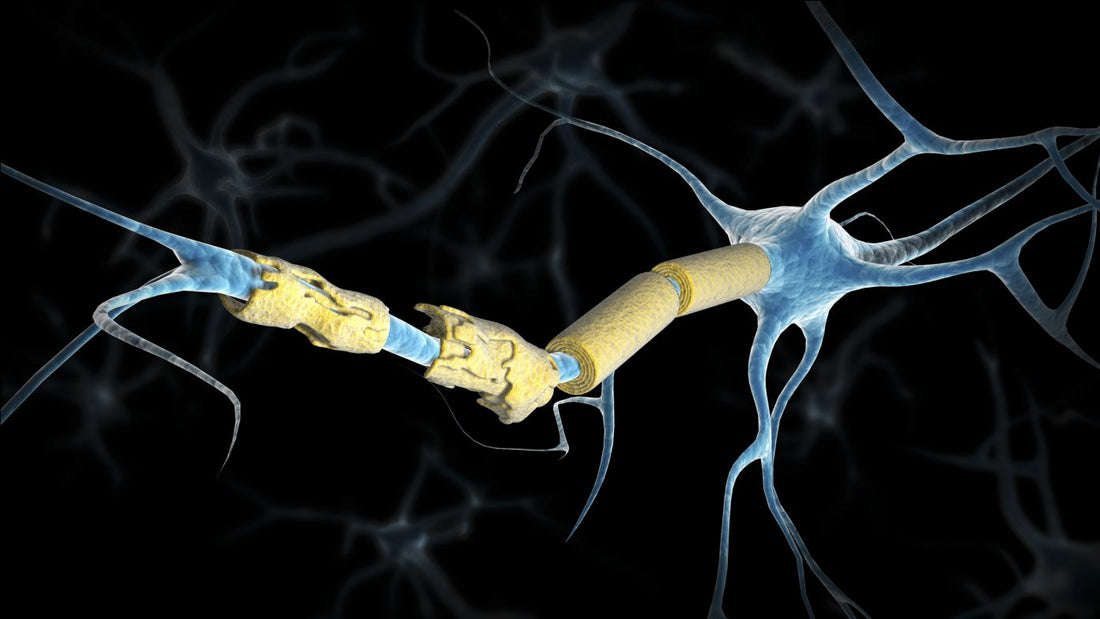
Multiple Sclerosis (MS) and NAD+ Supplementation
Share
Multiple Sclerosis (MS) is a complex and challenging autoimmune disease that affects the central nervous system. Individuals with MS often experience a range of symptoms, including fatigue, muscle weakness, and difficulties with coordination and balance. As researchers continue to explore potential treatment options, one emerging area of interest is the role of NAD+ supplementation in managing the symptoms of MS.
What is NAD+ and How Does it Work?
NAD+ stands for Nicotinamide Adenine Dinucleotide, a coenzyme found in all living cells. It plays a crucial role in various biological processes, including energy production, DNA repair, and cell signaling. It is essential for maintaining the health and function of cells throughout the body. NAD+ levels naturally decline with age, leading to cellular dysfunction and contributing to the development of age-related diseases.
The Role of NAD+ in MS
Studies have suggested that NAD+ levels may be dysregulated in individuals with MS. Research has shown that NAD+ helps to protect neurons from damage and promotes their survival, which is particularly important in a condition like MS where the immune system attacks the protective covering of nerve fibres.
Can NAD+ Supplementation Benefit Individuals with MS?
NAD+ is involved in regulating immune responses and reducing inflammation, both of which play a significant role in the progression of MS. By boosting NAD+ levels through supplementation, researchers believe that it may be possible to modulate the immune system and protect against the damage caused by inflammation in the central nervous system and the neurodegeneration that occurs in MS. NAD+ also supports cellular energy production and enhances cellular repair mechanisms
Research Evidence Supporting NAD+ Supplementation
A growing body of research supports the potential benefits of NAD+ supplementation for individuals with MS.
While the link between NAD+ and MS is still being explored, early research indicates that targeting NAD+ metabolism could be a promising avenue for developing new treatments for MS. Clinical trials are underway to investigate the effects of NAD+ supplementation in individuals with MS and to determine its potential as a therapeutic strategy.
As the scientific community continues to unravel the complexities of MS and explore new avenues for treatment, the potential link between NAD+ and MS offers hope for the development of innovative therapies that could improve the lives of individuals living with this challenging condition.
It is important to consult with a healthcare provider before starting any new treatment regimen, including NAD+ supplementation, to ensure that it is safe and appropriate for individual needs.
Conclusion
NAD+ supplementation holds promise as a potential therapeutic approach for individuals with MS. By targeting key pathways involved in the disease process, NAD+ may offer a novel strategy for managing symptoms and slowing disease progression.
